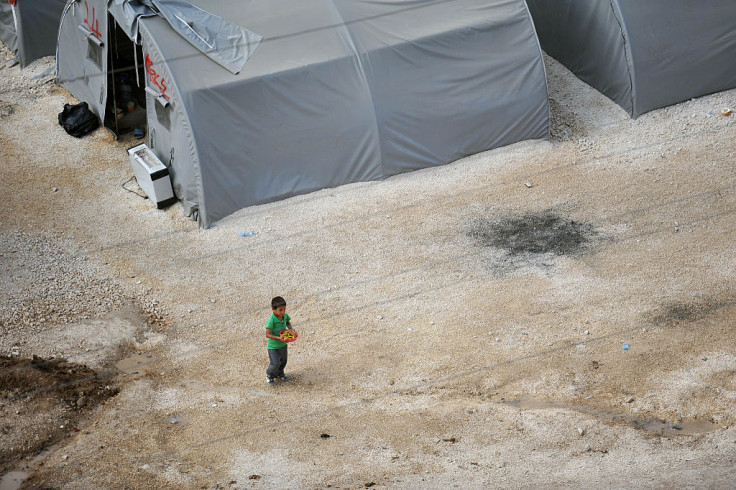Isis targeting child refugees, warns report
Unaccompanied children are offered money to be smuggled into Europe in exchange for loyalty.

Islamic State (IS; Isis) and other extremist groups are targeting unaccompanied children in conflict zones and paying smugglers to bring them to Europe, according to a new report by an anti-extremism think tank.
According to the report by the Quilliam Foundation, IS pays gangs up to $2,000 (£1,600) per child to smuggle the recruits into Europe.
Hundreds of unaccompanied minors have vanished from the UK care system – which urges European authorities to take action to protect vulnerable refugees targeted by extremists – since arriving in the country
According to the report, IS are active in refugee camps outside Europe, distributing food and offering to pay the cost of passage into Europe in exchange for the loyalty of children.
It says that extremists may attempt to infiltrate groups of refugees and radicalise young people in their country of destination as well as camps along the migration route under the guise of providing aid.
Millions of refugees have entered Europe since 2015, many fleeing conflict in the Middle East and North Africa.
In early 2016, Europol warned that approximately 10,000 unaccompanied minors had gone missing since arriving in Europe, with many feared to have fallen into the hands of trafficking syndicates.
According to the report, 340 unaccompanied asylum seeking children went missing in the UK between January and September of 2015, and 132 remained missing at the end of 2015. Some ran away for fear of not being granted asylum, while others are believed to have fallen victim to abduction, trafficking, sexual and economic exploitation, according to the report.
The report recommends European authorities work closely together to combat attempts to radicalise refugee minors, including establishing safe routes and monitored transit to prevent opportunities for refugees to be recruited.
According to the report British measures to safeguard child refugees will include expanding foster care placements and supported accommodation, and introducing safeguards to ensure child refugees do not go missing from care.
© Copyright IBTimes 2025. All rights reserved.






















